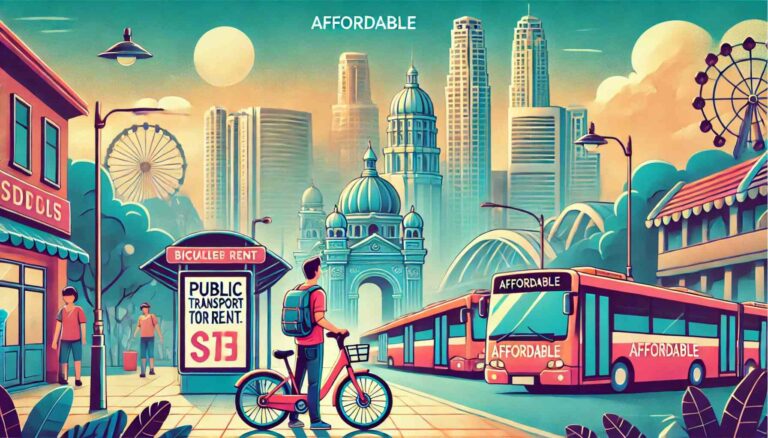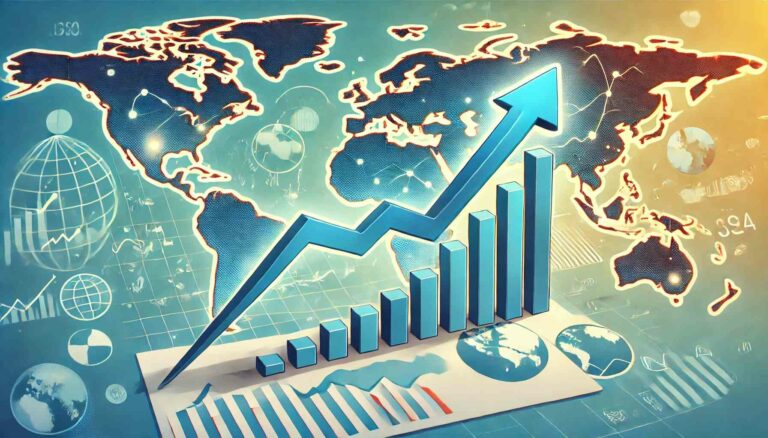The ChatGPT threat may be bigger than we thought. At least, that seems to be what worries one of the “Godfathers of AI”, Geoffry Hinton. Hinton, who spent decades building AI and helping machines learn, recently abandoned his work as a pioneer in artificial intelligence and has now spent the last few months warning about the threat AI could pose to humanity.
Adverts
“People say it's just glorified autocomplete,” Hinton said The New Yorker Joshua Rothman when talking about machine learning and how it completes our sentences and ideas. But it's much bigger than that, says Hinton. To help illustrate this point, he discussed how to train AI models like ChatGPT's GPT-4 to be really good at predicting what you want.
From there, of course, it learns how to predict what you want. But to do this, you also need to understand what you mean when you put certain words into play. As such, Hinton says ChatGPT and other similar models can pose a threat because they can understand the meaning of the words and ideas we share with them.
Adverts

They may not be sentient, but they understand what these ideas and words mean so they can build on them. But, Hinton says the intelligence demonstrated by AI systems like GPT-4 has transcended their artificial origins, and while they may not learn in the same way as humans, they can become something greater than we conceived them to be.
He used a dragonfly's transformation from its larval form to help illustrate the point to Rothman, noting that the dragonfly is the AI, while the larval form is the information that was fed to the AI to create it. Ultimately, the AI is bigger than the origins of its transformation, thus making it more powerful – and, in Hinton's eyes, making it a greater threat to humanity.
It may seem crazy to think that ChatGPT or another AI poses a major threat to our way of life. And, of course, there are many genuine concerns surrounding AI and its widespread acceptance into our lives – not including how it could replace human jobs. But Hinton and others are concerned about more than that. And while I'm in no rush to jump on the “AI is going to kill us all” boat, when the smartest people in the room start talking, it's usually best to shut up and at least pay a little attention.
Will AI overthrow humanity? Do ChatGPT and other similar systems really pose a threat to humanity? Hinton and other pioneers in the AI community think so. Unfortunately, your concerns are not likely to slow down the supposed AI revolution we are currently experiencing.
—————-
The ChatGPT threat may be bigger than we thought. At least, that seems to be what worries one of the “Godfathers of AI”, Geoffry Hinton. Hinton, who spent decades building AI and helping machines learn, recently abandoned his work as a pioneer in artificial intelligence and has now spent the last few months warning about the threat AI could pose to humanity.
“People say it's just glorified autocomplete,” Hinton said The New Yorker Joshua Rothman when talking about machine learning and how it completes our sentences and ideas. But it's much bigger than that, says Hinton. To help illustrate this point, he discussed how to train AI models like ChatGPT's GPT-4 to be really good at predicting what you want.
From there, of course, it learns how to predict what you want. But to do this, you also need to understand what you mean when you put certain words into play. As such, Hinton says ChatGPT and other similar models can pose a threat because they can understand the meaning of the words and ideas we share with them.

They may not be sentient, but they understand what these ideas and words mean so they can build on them. But, Hinton says the intelligence demonstrated by AI systems like GPT-4 has transcended their artificial origins, and while they may not learn in the same way as humans, they can become something greater than we conceived them to be.
He used a dragonfly's transformation from its larval form to help illustrate the point to Rothman, noting that the dragonfly is the AI, while the larval form is the information that was fed to the AI to create it. Ultimately, the AI is bigger than the origins of its transformation, thus making it more powerful – and, in Hinton's eyes, making it a greater threat to humanity.
It may seem crazy to think that ChatGPT or another AI poses a major threat to our way of life. And, of course, there are many genuine concerns surrounding AI and its widespread acceptance into our lives – not including how it could replace human jobs. But Hinton and others are concerned about more than that. And while I'm in no rush to jump on the “AI is going to kill us all” boat, when the smartest people in the room start talking, it's usually best to shut up and at least pay a little attention.
Will AI overthrow humanity? Do ChatGPT and other similar systems really pose a threat to humanity? Hinton and other pioneers in the AI community think so. Unfortunately, your concerns are not likely to slow down the supposed AI revolution we are currently experiencing.



